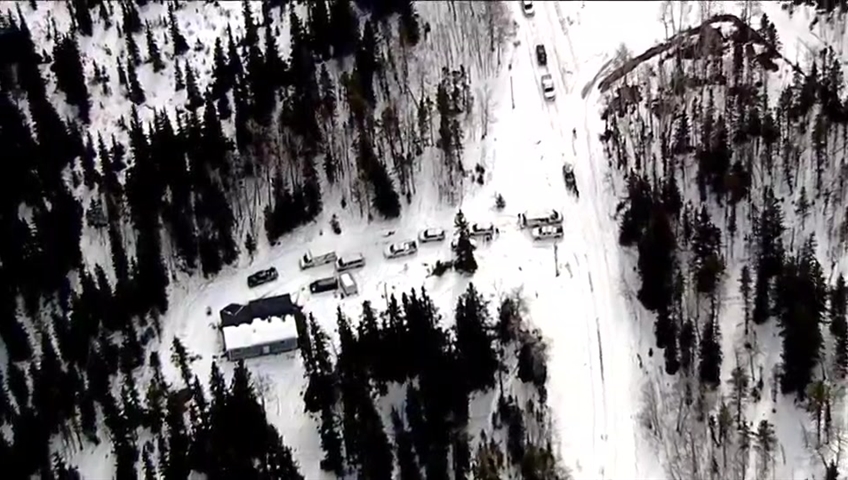The RCMP say an autopsy on a four-month-old girl from the Stoney Nakoda First Nation has failed to determine a cause of death.

An RCMP news release issued Sunday said additional testing will have to be done.
The girl was among more than a dozen people paramedics rushed to hospital Wednesday from a home in the Stoney Nakoda First Nation.
Alberta Health Services said Friday several of the children were suffering from a variety of respiratory viruses.
All but one of the children have been released from the hospital; a two-year-old girl remains there in stable condition.
RCMP said the investigation is continuing.
“Autopsies consist of a physical examination of the body, as well as a variable amount of ancillary testing and that can include… specialized tests that need to be done either by an outside lab or by a local lab,” University of Calgary professor Christopher Naugler said.
“They may include tests such as DNA testing, microbiology testing and toxicology testing. The reason they may take a considerable amount of time is these are highly specialized tests that are done in specialized labs, and require a longer turnaround time than just your regular run-of-the-mill lab tests.”
Naugler, who teaches in the school’s department of pathology and laboratory medicine, said the ancillary testing is “pretty standard” for autopsies.
“Depending on the tests and depending on the complexity and where they’re done, it wouldn’t be uncommon for it to take weeks or longer,” he said.


Comments